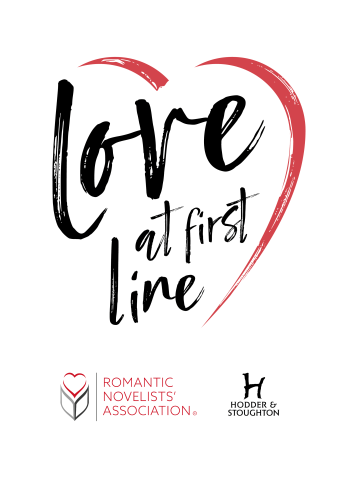‘You may not be able to have your own shed or writer’s room, but do what you can and find what works best for you’
Writing wherever you can: finding a comfortable space in which to create
from Complete Writing Course
Where do I write?
Anywhere; wherever you can.
‘The space can be humble, probably should be… and it really needs only one thing: a door which you are willing to shut’ Stephen King, On Writing
The use of the word ‘willing’ in this quote from Stephen King alludes to an important consideration for writers. How much of your time and yourself are you willing to give to the craft? How much of your time and yourself can you give given your personal circumstances? Are you prepared to shut out family, friends or paid work?
But where you actually write depends on the sort of space available to you. There are at least two crucial issues with finding a place to write: an issue of noise and an issue of privacy. Jane Austen used noise in a helpful way. According to legend she liked to write in a room where the door had a squeaky hinge. She would not let this be oiled because it gave her a warning of people approaching, allowing her time to hide her work away. Some writers listen to music when they are writing; obviously for them music is a stimulus where it would be a distracting noise to others. As for privacy and noise, Anthony Trollope wrote a great deal of his great work while travelling on a train between Dublin and Belfast. Other authors have written in many places as varied as hotel rooms, cafés and restaurants. Others have needed a cave-like space into which they have withdrawn, rather like the early cavemen who did their cave drawings back in the deepest recesses of their caves, as if that was the place where art came from and where it ultimately belonged. This may be what lies behind the sheds at the bottom of the garden that Virginia Woolf, George Bernard Shaw and Roald Dahl all worked in. Shaw had his desk on castors so that he could move it to follow the sun throughout the day and get the best light. There is something important about the creative process in that idea of art coming from the deep and into the light of day.
At the same time, though we may not need to write in literal caves, to create we need to focus the mind and energies on the work we are trying to conjure up. Magic cannot easily take place out in the glare of the public eye, with all the noise of the daily world going on around us. And yet, that said, magic does take place in public places. Actors can create magic before us in a packed theatre. David Mamet wrote a collection of essays called Writing in Restaurants. Novelist J.K. Rowling and poet Elizabeth Jennings both did a lot of their writing in cafés. Writing also takes place under the most enormous difficulties. Great works of literature have been written under conditions of great deprivation and duress. Solzhenitsyn wrote in the gulags. One thinks of other works written in prison or in concentration camps and smuggled out but the ideal must be somewhere comfortable that is conducive to being creative; somewhere quiet and private. No one is suggesting that you must pursue the rather romantic idea of the penniless author in the garret. The best thing would be for a separate room, though a quiet corner anywhere can work. A separate table in the corner of a room will do, but you might want it to be quiet and peaceful and away from the television.
In summary, you may not be able to have your own shed or writer’s room, but do what you can and find what works best for you.





